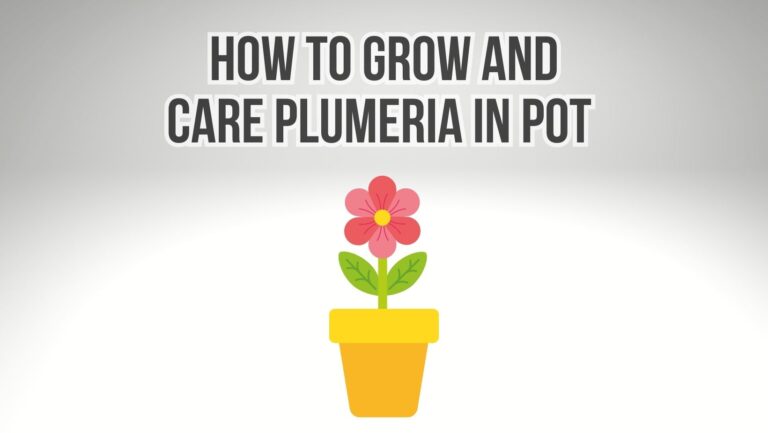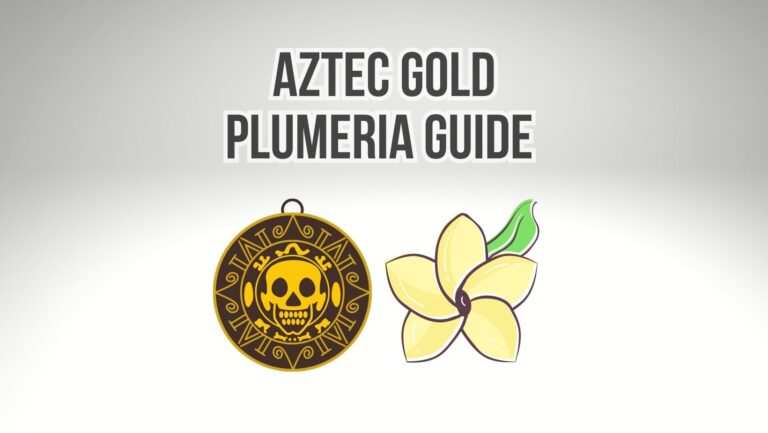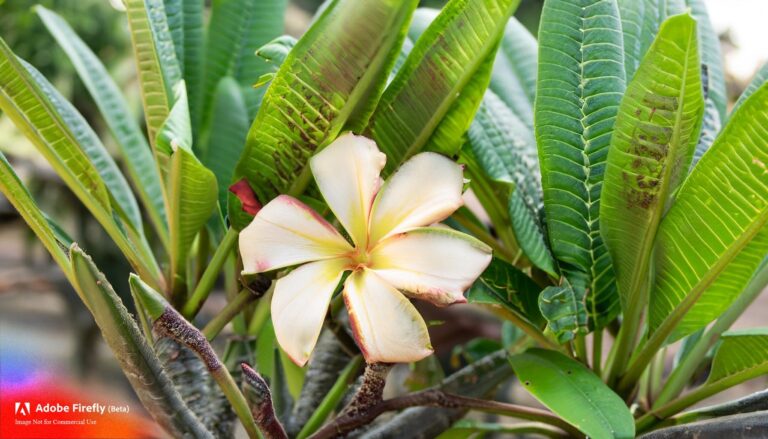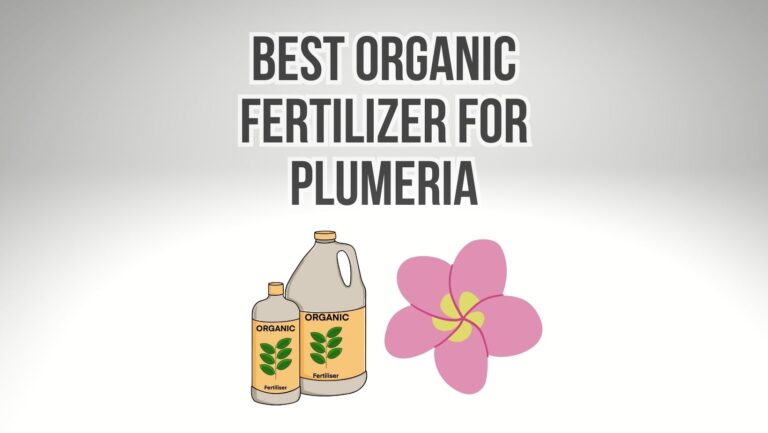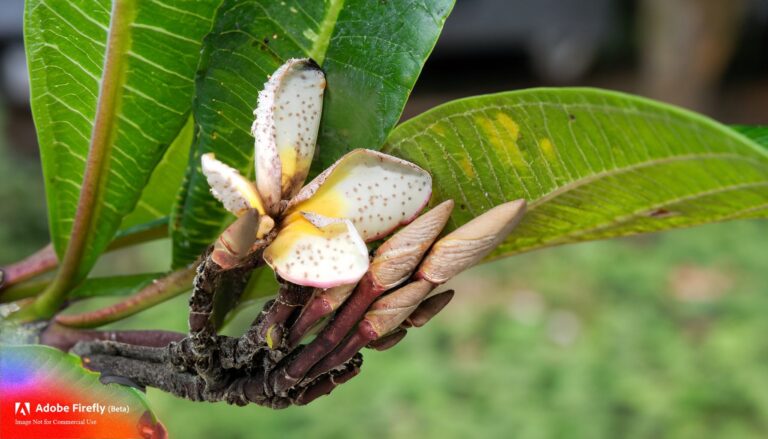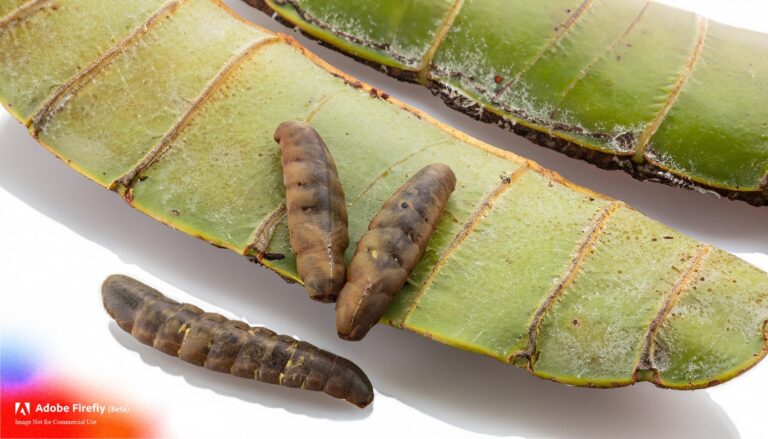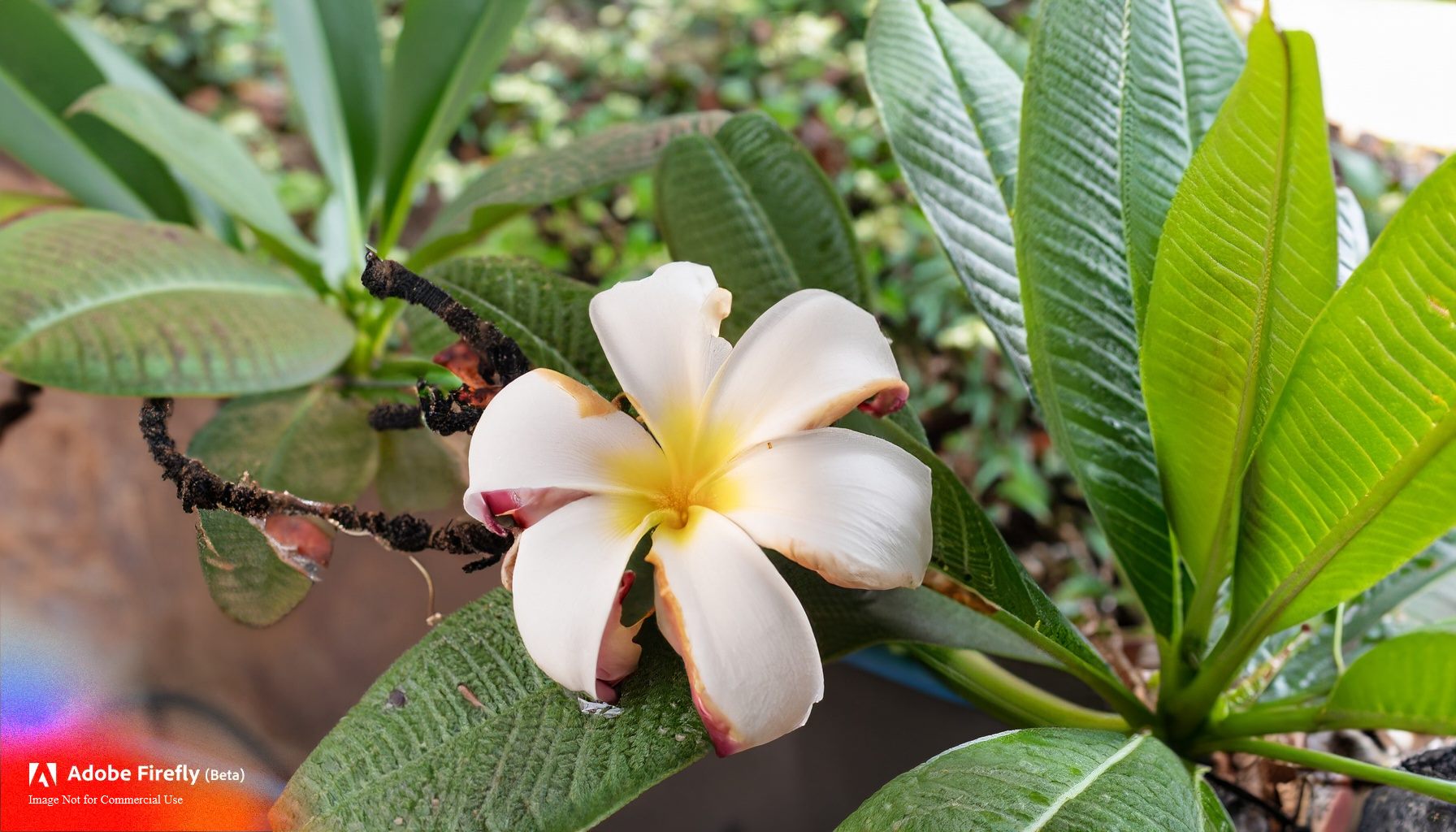
Plumerias, with their vibrant flowers and sweet fragrance, can be a delightful addition to any garden. However, like all plants, plumerias are susceptible to various pests that can affect their health and beauty. When it comes to protecting your plumerias from pests, organic methods offer a safe and environmentally friendly approach. In this article, we’ll explore a range of effective organic pest control methods to keep your plumerias thriving without the use of harmful chemicals.
Understanding Organic Pest Control: Organic pest control involves using natural, non-toxic methods to manage and prevent pest infestations. These methods focus on promoting a healthy garden ecosystem where beneficial insects and other organisms help keep pest populations in check. By implementing organic practices, you can protect your plumerias while minimizing the impact on the environment.
Common Pests Affecting Plumerias: Before delving into organic control methods, let’s identify some common pests that can target plumerias:
- Aphids: Tiny insects that feed on plant sap, causing curled and distorted leaves.
- Spider Mites: Minuscule pests that suck the juices from leaves, resulting in stippling and webbing.
- Mealybugs: Soft-bodied insects that appear as white, cottony masses on leaves and stems.
- Scale Insects: Small, shell-like insects that attach to leaves and stems, causing yellowing and stunted growth.
- Whiteflies: Small, white insects that suck plant juices, leading to yellowing and weakening of the plant.
Organic Pest Control Methods:
**1. Cultural Practices:
- Prune Infested Parts: Regularly inspect your plumerias for pest presence and prune affected leaves and stems to prevent spread.
- Sanitation: Keep the garden area clean by removing fallen leaves and debris that can harbor pests.
- Healthy Soil: Maintain well-draining soil and proper nutrition to ensure strong plant health, which can help prevent pest infestations.
**2. Companion Planting:
- Beneficial Plants: Grow companion plants like marigolds, nasturtiums, and garlic near your plumerias. These plants can repel pests and attract beneficial insects.
**3. Biological Controls:
- Ladybugs: Release ladybugs in your garden to naturally control aphid populations.
- Predatory Mites: Introduce predatory mites to combat spider mite infestations.
- Parasitic Wasps: These tiny wasps lay their eggs inside pest insects, helping control mealybugs and whiteflies.
**4. Neem Oil:
- Neem Oil Spray: Neem oil is an effective organic insecticide. Mix neem oil with water and a mild soap to create a spray. Apply to plumerias to control a variety of pests.
**5. Insecticidal Soap:
- Soap Spray: Create a soap spray by mixing mild liquid soap with water. Spray directly onto pests to suffocate them.
**6. Horticultural Oils:
- Oil Spray: Horticultural oils, such as neem or mineral oil, can smother pests. Ensure thorough coverage of leaves and stems.
**7. Diatomaceous Earth:
- Physical Barrier: Diatomaceous earth is a fine powder made from fossilized algae. It damages the exoskeletons of insects, causing them to dehydrate.
**8. Essential Oils:
- Essential Oil Sprays: Some essential oils like peppermint, rosemary, and thyme have insect-repellent properties. Dilute them with water and spray on plumerias.
**9. Garlic Spray:
- Homemade Spray: Blend garlic cloves with water and strain to create a garlic-infused spray. This can deter pests.
**10. Homemade Pepper Spray:
- Pepper Spray: Mix chili pepper powder or hot sauce with water. Spray on plumerias to discourage pests.
**11. Yellow Sticky Traps:
- Traps: Hang yellow sticky traps near plumerias to attract and capture flying pests like whiteflies.
**12. Pruning for Aeration:
- Airflow: Prune plumerias to promote good airflow, reducing the likelihood of pest infestations.
**13. Diverse Planting:
- Biodiversity: Plant a diverse range of species in your garden to attract beneficial insects that prey on pests.
**14. Attracting Birds:
- Birds: Provide bird feeders or baths to attract insect-eating birds that can help control pest populations.
Conclusion: Organic pest control methods provide effective and environmentally friendly ways to protect your plumerias from pests. By adopting a holistic approach that includes cultural practices, biological controls, natural repellents, and encouraging a healthy ecosystem, you can maintain the beauty and vitality of your plumerias without resorting to harmful chemicals. Remember that consistency and observation are key. Regularly monitor your plumerias for signs of pests and adjust your organic pest control methods as needed to keep your plants thriving naturally.

